Broccoli Soup
1 tablespoon of olive oil
1 onion, finely chopped
2 garlic cloves, crushed
4 cups salt-reduced vegetable stock
400g/14oz potatoes, peeled, coarsely chopped
450g/1lb broccoli, cut into florets
2-3 handfuls of baby spinach leaves
1/2 cup fresh basil leaves
1/3 cup light sour cream (optional)
1 tablespoon store bought basil pesto / homemade
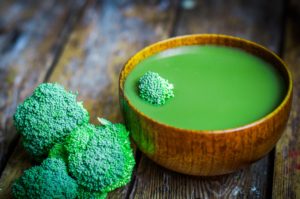 METHOD
METHOD
Heat a large saucepan over medium heat with the olive oil.
Add the onion and cook for 5 minutes until soft. Add the garlic and cook until lightly browned.
Add stock and potato to the saucepan. Bring to boil. Cover. Reduce heat to low. Simmer for 15 minutes. Add broccoli and simmer for 6-7 minutes or until all vegetables are tender.
Remove from heat, add spinach and stir until wilted. Leave to cool slightly so you can blend. This might take up to 15 minutes.
In a blender add basil leaves and half of the soup mixture and blend until smooth. Pour into a clean saucepan and repeat until all the soup mixture has been blended into a smooth consistency.
Heat soup over medium heat for 2 minutes or until just before boiling point.
Combine sour cream and pesto in a bowl. Divide soup among bowls. Top with pesto cream and serve. For vegan option, simply top with a half teaspoon of the basil pesto and omit the sour cream.
 blueberries, the deep reds of pomegranates, the rich green of kale and collards, the bright orange of sweet potatoes.
blueberries, the deep reds of pomegranates, the rich green of kale and collards, the bright orange of sweet potatoes. because it has so many benefits, to name a few – anti-ageing & wonderful skin healing benefits.
because it has so many benefits, to name a few – anti-ageing & wonderful skin healing benefits.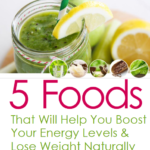 Sign up by clicking:
Sign up by clicking:  infections.
infections.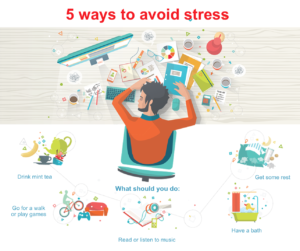




 eggies & fruit.
eggies & fruit.
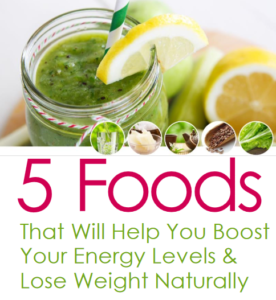
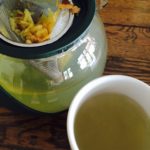 Nothing like a good cuppa tea to sort out the problems of the world. My grandmother loved her tea and it was the first thing we’d do when we visited her, I do miss being able to sit down and share a pot of tea with her.
Nothing like a good cuppa tea to sort out the problems of the world. My grandmother loved her tea and it was the first thing we’d do when we visited her, I do miss being able to sit down and share a pot of tea with her. need to know which one to use when and you may have be unaware of some of the other things these common herbal teas can be useful for. Chamomile is calming but so much more, peppermint for wind and so much more, ginger for nausea and so much more…..
need to know which one to use when and you may have be unaware of some of the other things these common herbal teas can be useful for. Chamomile is calming but so much more, peppermint for wind and so much more, ginger for nausea and so much more….. Rose
Rose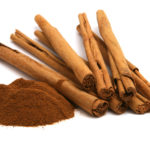 reduce your sugar cravings. By controlling blood sugar levels you can prevent spikes after meals, normalise your blood sugar levels and improve glucose control.
reduce your sugar cravings. By controlling blood sugar levels you can prevent spikes after meals, normalise your blood sugar levels and improve glucose control. Pelargonium (Pelargonium sidoides) is gaining huge popularity in Germany because of it’s effectiveness against the symptoms associated with colds and flus, and it is the best researched herbal cold and cough remedy. It helps to reduce the mucus of snotty noses and phlegm that makes it hard to breathe, improves a bad cough and any associated chest pain, and decreases congestion to help open the breathing passages.
Pelargonium (Pelargonium sidoides) is gaining huge popularity in Germany because of it’s effectiveness against the symptoms associated with colds and flus, and it is the best researched herbal cold and cough remedy. It helps to reduce the mucus of snotty noses and phlegm that makes it hard to breathe, improves a bad cough and any associated chest pain, and decreases congestion to help open the breathing passages.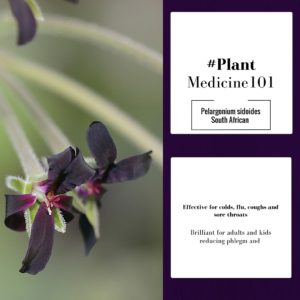 increases your body’s natural healing rate. Studies have found that 40-60% of patients suffering from acute bronchitis fully resolve their symptoms within a week of Pelargonium sidoides supplementation.Some people reported experiencing benefits after just two to three days. People that are not cured after a week still experience benefits from Pelargonium sidoides supplementation, since it can treat the symptoms associated with bronchitis, including headache, fever, fatigue, cough, chest pain while coughing, sputum in the lungs, rhonchi, and nasal dripping. A 2008 report published in Phytomedicine. In their analysis of six clinical trials testing pelargonium’s efficacy as an acute bronchitis treatment, the report’s authors found that pelargonium significantly improved symptoms of acute bronchitis without causing any serious side effects.
increases your body’s natural healing rate. Studies have found that 40-60% of patients suffering from acute bronchitis fully resolve their symptoms within a week of Pelargonium sidoides supplementation.Some people reported experiencing benefits after just two to three days. People that are not cured after a week still experience benefits from Pelargonium sidoides supplementation, since it can treat the symptoms associated with bronchitis, including headache, fever, fatigue, cough, chest pain while coughing, sputum in the lungs, rhonchi, and nasal dripping. A 2008 report published in Phytomedicine. In their analysis of six clinical trials testing pelargonium’s efficacy as an acute bronchitis treatment, the report’s authors found that pelargonium significantly improved symptoms of acute bronchitis without causing any serious side effects.


